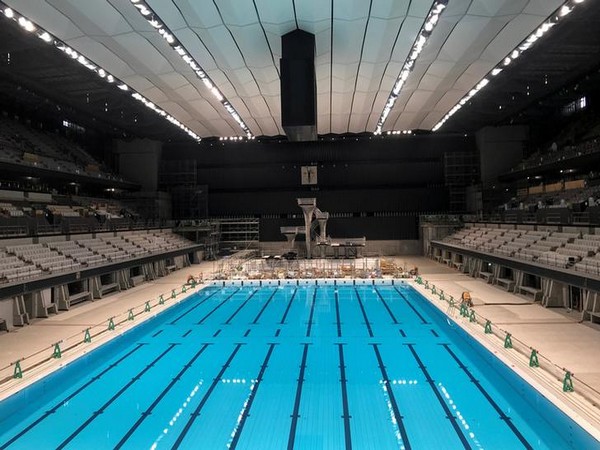Report: Chinese swimmers given green light to compete at Tokyo Olympics despite failing doping tests
We even sought pharmacokinetic and metabolism information from the manufacturer of trimetazidine in assessing the plausibility of the contamination scenario that was presented to WADA, Rabin said.Ultimately, we concluded that there was no concrete basis to challenge the asserted contamination.

- Country:
- Australia
An Australian newspaper says 23 Chinese swimmers were cleared to compete at the Tokyo Olympics despite testing positive to doping because world governing bodies agreed with Chinese authorities and ruled that the tests had been contaminated.
The Daily Telegraph in Sydney said Saturday that the swimmers tested positive for trimetazidine, a heart medication, at a training camp held months before the 2020 Tokyo Games, which were delayed until 2021 due to the COVID-19 pandemic.
Chinese anti-doping authorities found the results of the tests were Adverse Analytical Findings (AAF) but cleared the swimmers without any penalties after finding that the samples were flagged as positive as a result of contamination.
The 30-member Chinese swim won six medals in Tokyo, including three golds.
The newspaper said that the World Anti-Doping Agency (WADA) and World Aquatics — then called FINA — were both notified of the positive samples but that both groups agreed the results of the tests were caused by contamination and did not sanction any of the athletes who tested positive.
“World Aquatics is confident that these AAFs were handled diligently and professionally, and in accordance with all applicable anti-doping regulations, including the World Anti-Doping Code,” the newspaper quoted World Aquatics as saying.
It also quoted WADA's senior director of science and medicine, Professor Olivier Rabin, as saying that WADA's science department reviewed the case in the months leading up to the Tokyo Games. “We even sought pharmacokinetic and metabolism information from the manufacturer of (trimetazidine) in assessing the plausibility of the contamination scenario that was presented to WADA,” Rabin said.
“Ultimately, we concluded that there was no concrete basis to challenge the asserted contamination. Indeed, the contamination scenario was further supported by the combination of the consistently low concentrations of (trimetazidine) as well as no doping pattern with several athletes presenting multiple samples collected over the course of several days which fluctuated between negative and positive (and vice versa).”
(This story has not been edited by Devdiscourse staff and is auto-generated from a syndicated feed.)
ALSO READ
Andhra Pradesh: Fire breaks out at a godown in Vijayawada
WADA confirms it cleared Chinese swimmers to compete at Tokyo Games citing contaminated samples
Olympics-WADA confirms 23 Chinese swimmers tested positive before Tokyo Games, accepted contamination finding
Olympics-WADA says 23 Chinese swimmers tested positive before Tokyo Games but it accepted contamination finding
Olympics-WADA says 23 Chinese swimmers tested positive before Tokyo Games but it accepted contamination finding










